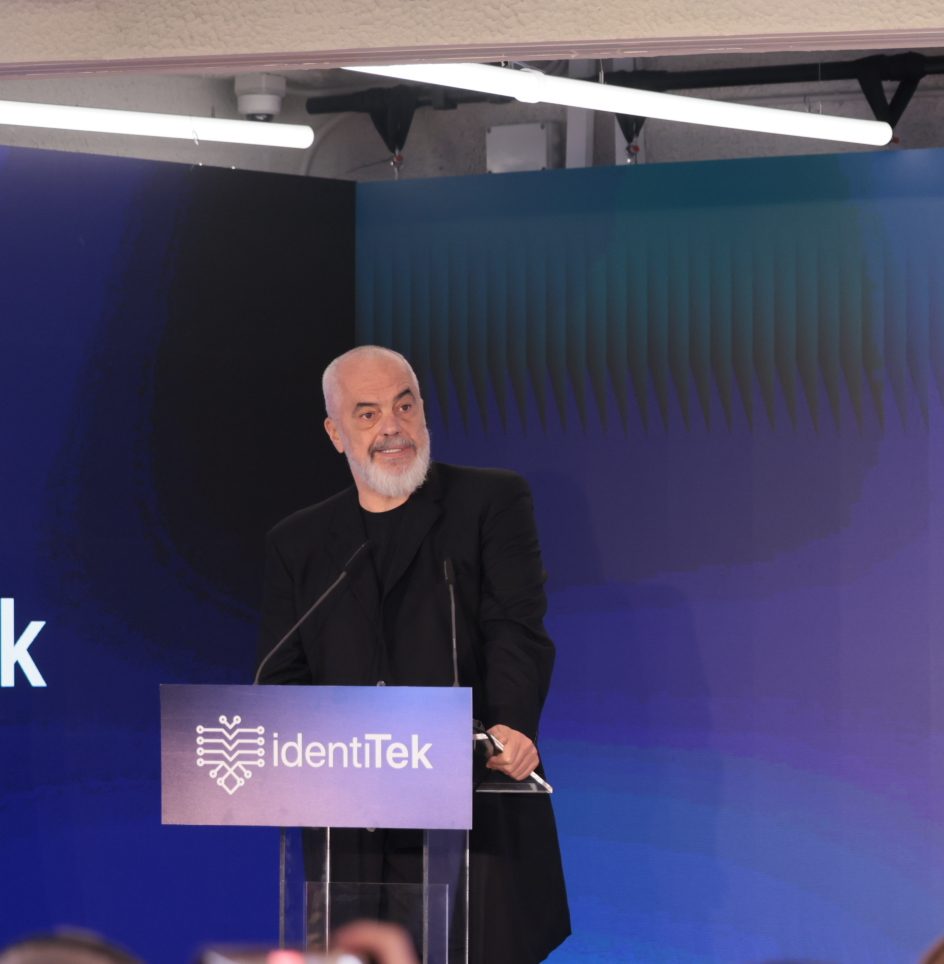Albania Unveils Digital Identity Initiative, Enabling EU-Wide Use by 2027
The Albanian government formally launched the Digital Identity project, a key endeavor representing a significant step toward the country’s technological development and alignment with European standards. Prime Minister Edi Rama and Minister of the Interior Albana Koçiu attended the event, where they stressed how the project will transform the way residents interact with the government, businesses, and each other, simplifying and securing everyday life.
The digital wallet will securely store all personal documents, including ID cards, driver’s licenses, diplomas, and certificates. It will be easily accessible at all times. Citizens will be able to verify their identities in seconds without waiting in line or experiencing delays. The project will provide more 24-hour services, reduce bureaucracy, increase openness, and boost corporate confidence and efficiency.
Minister Koçiu stated that by 2027, Albania’s digital identity will be integrated into the European digital identity wallet, enabling citizens to use their documents in any EU member state.
“Digital identity is associated with biometric data, fingerprints, facial recognition, and electronic signatures. By 2027, it will be part of the European Digital Identity Wallet, enabling citizens to use their identity in any EU country,” the minister said.
The European Commission predicts that 80% of EU residents will have a functional digital identity by 2030. This will boost GDP by up to 13%, reduce administrative costs by 30-50%, and cut online fraud by 80%.
The minister noted that Albania is the first country in the region to offer more than 95% of its public services online through the e-Albania platform. To date, 3.3 million Albanians have benefited from nearly 50 million electronic services. She stated that digital identity would enhance the security and integrity of these services.
Minister Koçiu also spoke about the Smart City project, which aims to create a “state that sees, listens, and reacts in real time.” Smart cameras will enable continuous monitoring of public spaces in the country’s 20 major cities.



